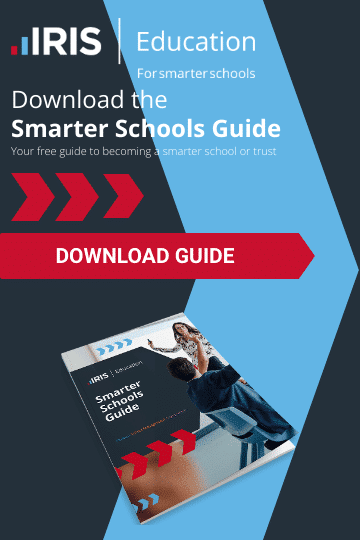BLOGS
Free School Meals in college: A further education
The move from secondary school to further education is simultaneously an exciting and nerve-wracking step for students. Heading into the great unknown of college represents a new-found maturity and freedom that many may have eagerly anticipated for months, if not years.
For some, college presents an opportunity to grow as an individual, to establish a new identity and reputation. Unfortunately, many disadvantaged students still feel a stigma associated with their backgrounds or home life. The label ‘Free School Meals’ (FSM) and associated feelings of shame and anxiety follow them throughout their time in school. For these young people, college promises a fresh start amongst new friends.
Imagine their disappointment upon realising that, while their surroundings may be different, the canteen experience remains the same.
The stigma of Free School Meals
Colleges are responsible for encouraging all students into making positive food choices; wherever possible, healthy, hot food options should be made available. It is also the responsibility of institutions to ensure free school meal provisions are made clear and accessible for students and their families. Beyond this, however, practical actions to ensure every student enjoys a comfortable and happy lunchtime remain neglected and often misunderstood.
According to a study carried out by Child Poverty Action Group and the British Youth Council, on any given day, nearly 30% of secondary school-aged students entitled to free school meals fail to claim their food. Research suggests that, in many cases, this is due to the stigma surrounding free school meals: “To be identified as receiving FSM is to be identified as being ‘poor’ by your peers, with all of the associated shame.”
The health and wellbeing of students is a priority for all educational institutions. However, an organisation’s responsibility cannot end at simply providing disadvantaged students with the free meal they are entitled to. Colleges must seek out solutions to support those students experiencing anxiety or shame during lunchtimes or even opting to go hungry in order to avoid stigma.
In the canteen
Students receiving free school meals often miss out on eating with friends due to long queues in the canteen. In fact, Child Poverty Action Group reported that one in four students identified their school’s delivery system as an issue, raising concerns related to confidentiality and efficiency. For busy college students with packed timetables, taking the time to enjoy a relaxed lunch with their peers is vital for wellbeing.
So, what is a college to do?
A college offering poor facilities in the canteen is likely to result in a lot of unhappy, hungry pupils. Long queues and poor choices will leave many students seeking out alternative options come lunchtime. The canteen should be the hub of the campus, providing all staff and students with a place to eat and socialise.
Practically all young people claiming free school meals state they want their lunchtime experience to be the same as their peers; no distinction in the food they receive, no differentiation in the way they receive their meal. Importantly, then, what happens at the till is paramount.
At the till
Many colleges are realising the potential of cashless systems for improving efficiency in the canteen. It enables parents and students to order school dinners online so parents can also help their children choose healthier options. Unlike dated voucher systems, which students have had to pick up from reception in the past, biometric solutions require fingerprint identification, eliminating cash and card payments. While fingerprint identification speeds up queues and avoids cash-related issues, for those claiming free school meals it also presents an ideal lunchtime scenario; every student receives their meals in the same way.
With FasTrak, students pay via smartcard, biometric ID or pin pad. The innovative identity management system offers a confidential and inconspicuous way for students to collect their meals. Pre-ordering and pre-loaded payments keep queues moving, ensuring a better experience for staff and students during the busiest times of the day.
Modern technology continues to support student learning in many new and wonderful ways. But opportunities to provide a great educational experience don’t end in the classroom. Make every student welcome in your college’s canteen with IRIS FasTrak.









